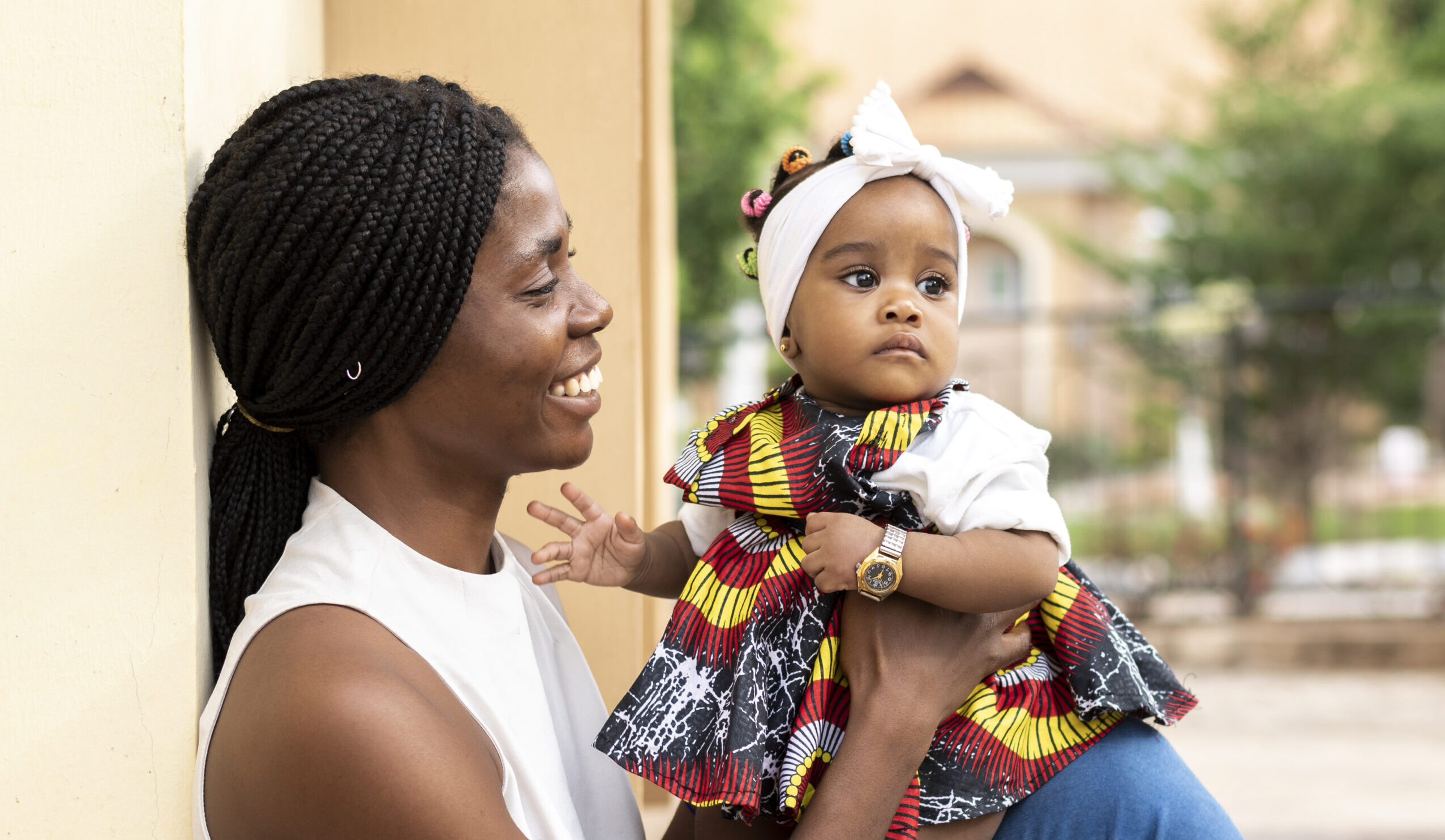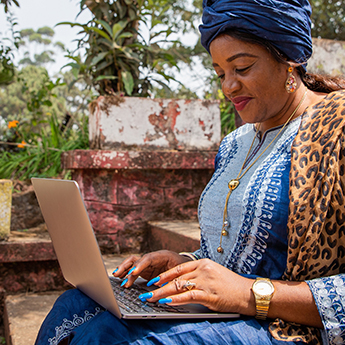Despite progress, the vision of the International Conference on Population and Development to achieve universal access to sexual and reproductive health services, including contraception, remains unfulfilled. Transforming our world: the 2030 Agenda for Sustainable Development acknowledges the continuing need for sexual reproductive health and contraception by including two goals with targets aimed at universal access to contraceptive services. Realizing these goals will require greater focus and investment, to understand and address the barriers that millions of women and girls currently at risk of an unwanted pregnancy face in accessing and using voluntary family planning.








